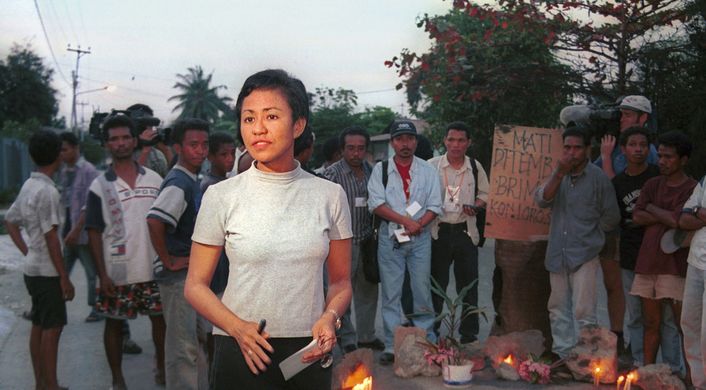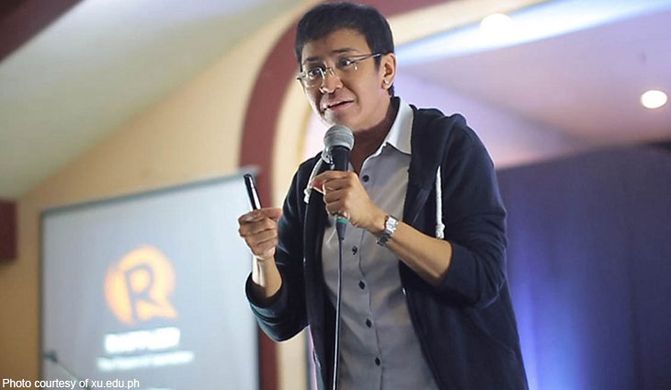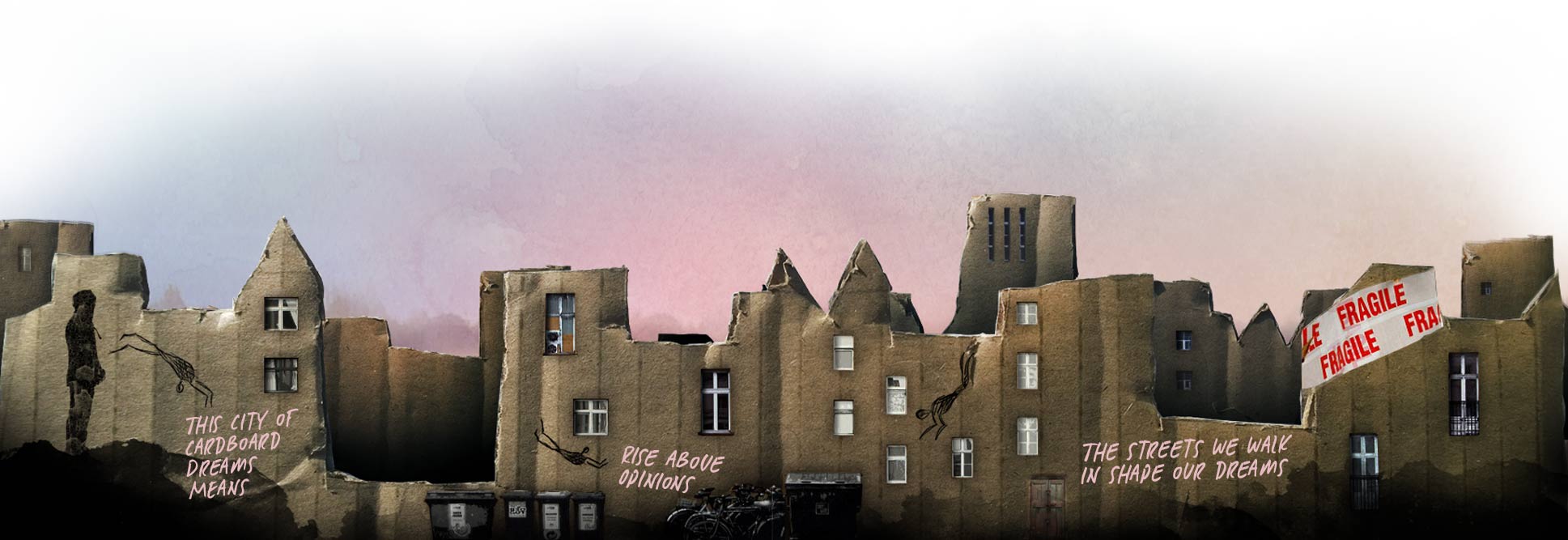Here in the UK authorities are deeply concerned by the recent arrest of Maria Ressa by President Rodrigo Duterte of the Philippines. British Ambassador to the Philippines Daniel Pruce stated “The British government supports a free media” but it President Duterte has slowly being consolidating his grip on power by shutting down rival political commentators.
Why was She Arrested?
The authorities have charged the head journalist with libel over a seven-year-old article. Officers from the National Bureau of Investigation arrived in the afternoon. Telling journalists at Rappler, an online media outlet that is critical of President Duterte, to stop filming as they arrested the organisation’s boss, Maria Ressa.
Ms Ressa is accused of “cyber libel” in connection with a piece published almost seven years ago. It alleged that a businessman, Wilfredo Keng, whose car a former chief justice used for transport during an impeachment trial, had ties to human trafficking and drug rings.
Mr Keng, who denies the claims, fought back—eventually. A year ago he filed a complaint against the author of the piece, who no longer works at Rappler, as well as Ms Ressa and six more of the website’s employees under the Cybercrime Prevention Act of 2012. The National Bureau of Investigation rebuffed him. The piece, after all, had appeared before the law’s enactment.

The National Union of Journalists of the Philippines described the arrest as a “shameless act of persecution by a bully government. It is clear this is part of the administration’s obsession to shut Rappler down and intimidate the rest of the independent Philippine media into toeing the line. The filing of this case is preposterous and baseless,” said Rappler in a statement. “If this is another of several attempts to intimidate us, it will not succeed, as past attempts have shown.”
Journalists gather at the Roces Circle to denounce the attacks against the media and critics of Pres. Duterte
Journalists gather at the Roces Circle to denounce the attacks against the media and critics of Pres. Duterte #DefendPressFreedom || via @LeanneJazul pic.twitter.com/oZcmxYuhH1
— Rappler (@rapplerdotcom) February 15, 2019
Who Is Maria Ressa Anyway?
Maria A. Ressa (born September 2, 1963) is a Filipino journalist and author. She is best known for co-founding Rappler as its chief executive officer. She previously spent nearly two decades working as a lead investigative reporter in Southeast Asia for CNN.
Ressa was included in Time’s Person of the Year 2018 as one of a collection of journalists from around the world combating fake news. She was arrested for “cyber libel” amid accusations of various instances of falsified news and corporate tax evasion on February 13, 2019. Ressa has since posted bail while the lawsuits are now pending in regional court. Of course as already mentioned as an outspoken critic of Philippine President Rodrigo Duterte, her arrest was seen by the international community as a politically motivated act by the government.
Duterte’s administration has instigated seven separate cases against the media organisation Rappler even banning Rappler’s political reporter from the presidential palace. It has ordered the Securities and Exchange Commission (SEC) to investigate Rappler for being “foreign-owned”, even going as far as revoking its licence, in a case that went all the way to the court of appeal. In November, the Department of Justice confirmed it was charging Rappler with three counts of failure to file returns, and one count of tax evasion – all charges that Ressa denies. The charges carry heavy fines and jail sentences of up to 10 years.
Butch Olano, the director of Amnesty International Philippines, described Ressa’s arrest as “brazenly politically motivated, and consistent with the authorities’ threats and repeated targeting of Ressa and her team”.
“In a country where justice takes years to obtain, we see the charges against her being railroaded and the law being used to relentlessly intimidate and harass journalists for doing their jobs as truth-tellers,” Olano said.

